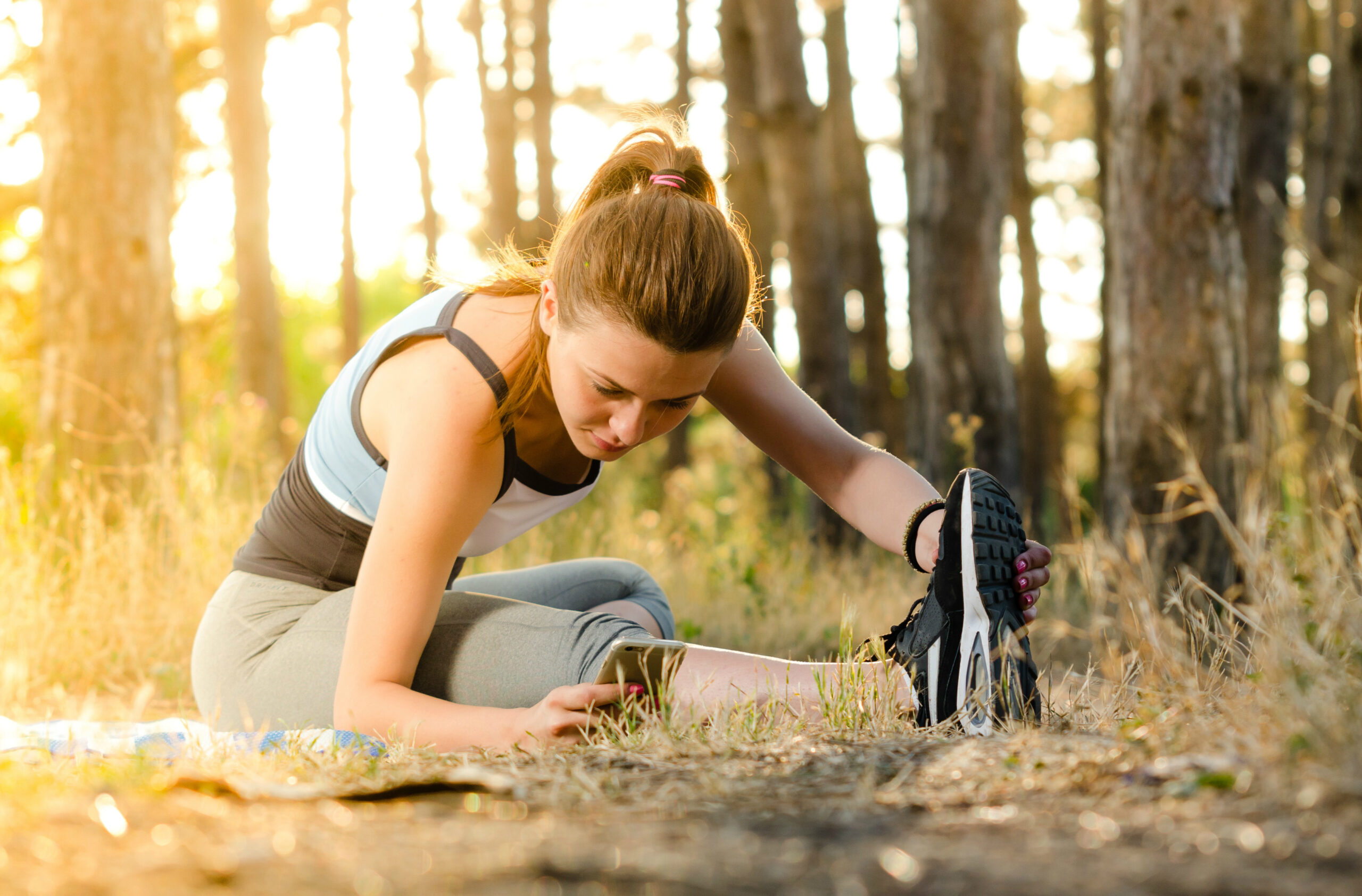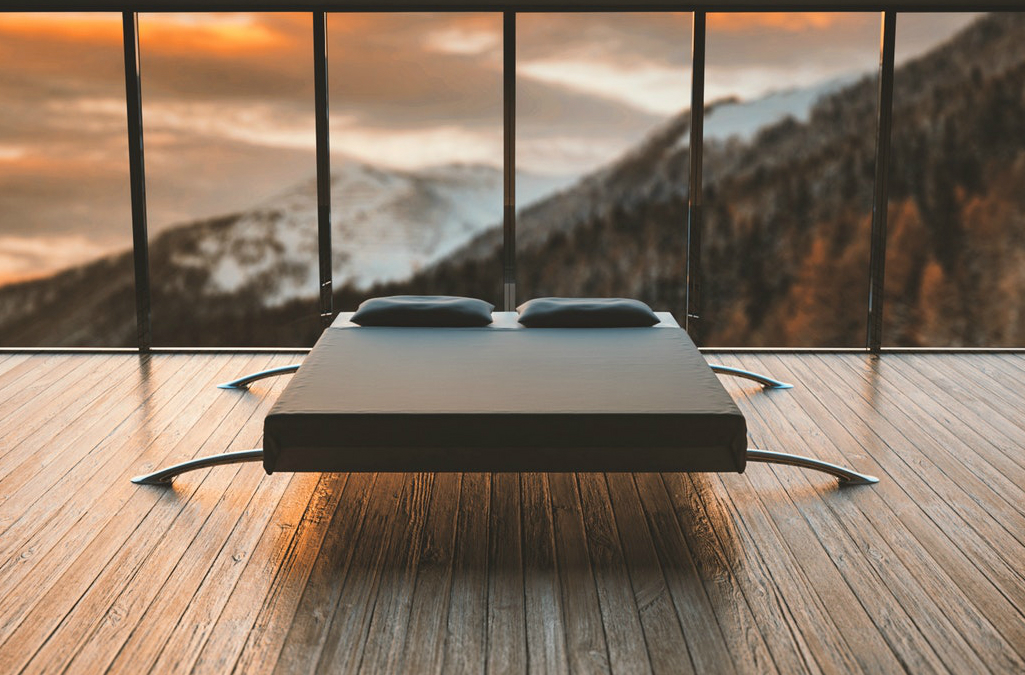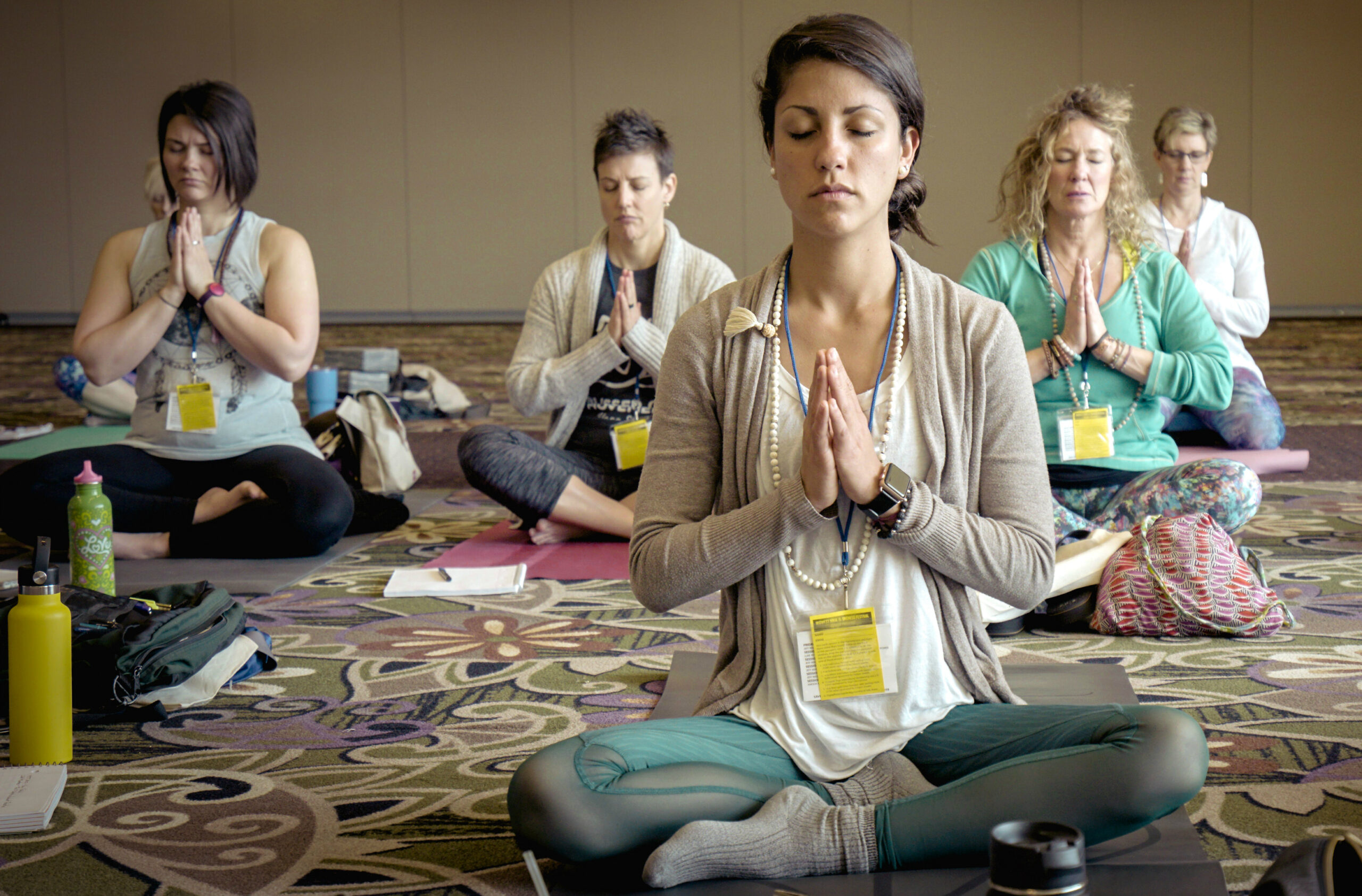From Gene Editing to AI – How Will Technology Transform Humanity? – The New York Times Magazine, November 18, 2018 The most fundamental questions…Will we engineer our children and ourselves? Will AI transform medicine? Will we know too much? Will we live longer and happier?…are addressed from a rich variety of perspectives. How Cities Can Fix Tourism Hell – TechCrunch, November 17, 2018 Cities are…




























































